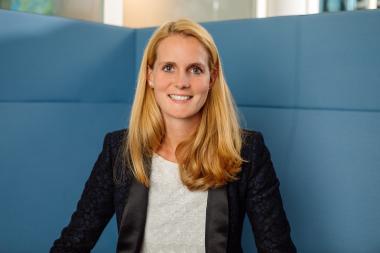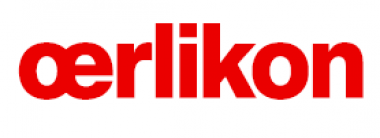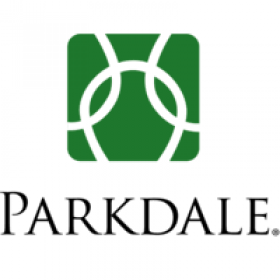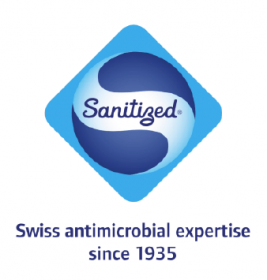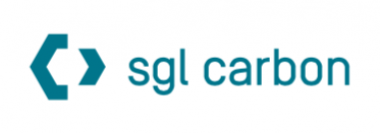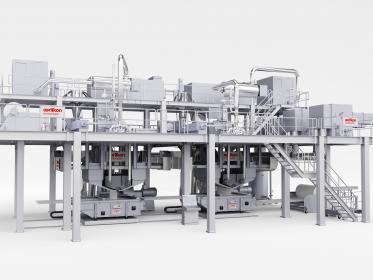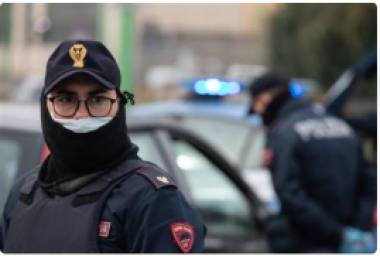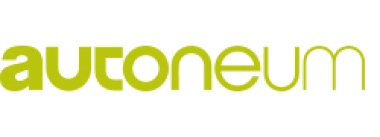CHT is implementing antiviral textile treatment in the textile industry
- HeiQ Viroblock by CHT provides effective antiviral treatment on different fabrics
- No infective viruses left after 30 minutes
- For a wide range of protective textile applications
CHT is cooperating with HeiQ by implementing the HeiQ Viroblock by CHT in the textile industry, globally. HeiQ Viroblock by CHT is among the first textile technologies in the world to be proven effective against SARS-CoV-2 in the laboratory.
HeiQ Viroblock by CHT is a textile treatment for industrial use, designed to provide textiles with antiviral and antibacterial properties. The combination of silver antimicrobial technology and vesicle technology rapidly destroy enveloped viruses including coronaviruses. It has previously been tested against coronavirus 229E, another strain of virus in the Coronavirus family.
The latest testing with SARS-CoV-2 virus was conducted by researchers at the Doherty Institute, a joint venture between the University of Melbourne and The Royal Melbourne Hospital, an internationally renowned institution combining research, teaching, public health and reference laboratory services, diagnostic services and clinical care into infectious diseases and immunity. The research project involved a disinfection test protocol that simulated the real-life interaction of small aerosol droplets contaminating clothing. A known concentration of SARS-CoV-2 virus was contacted with the sample fabric for 30 minutes followed by measurement of remaining infectious SARS-CoV-2 viruses. The fabric sample treated with HeiQ Viroblock by CHT had no infective viruses left after 30 minutes. The result indicated a SARS-CoV-2 virus reduction of 99.99% relative to the inoculum control.
CHT Germany GmbH







